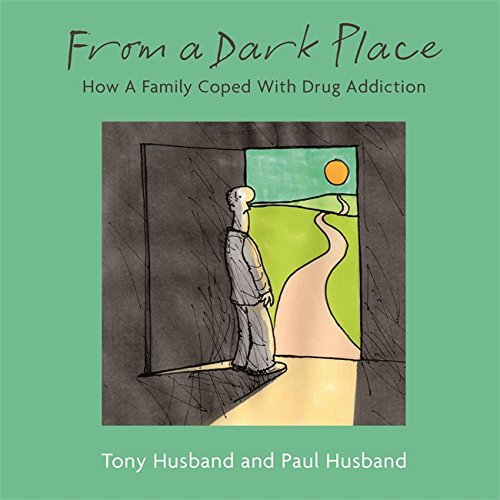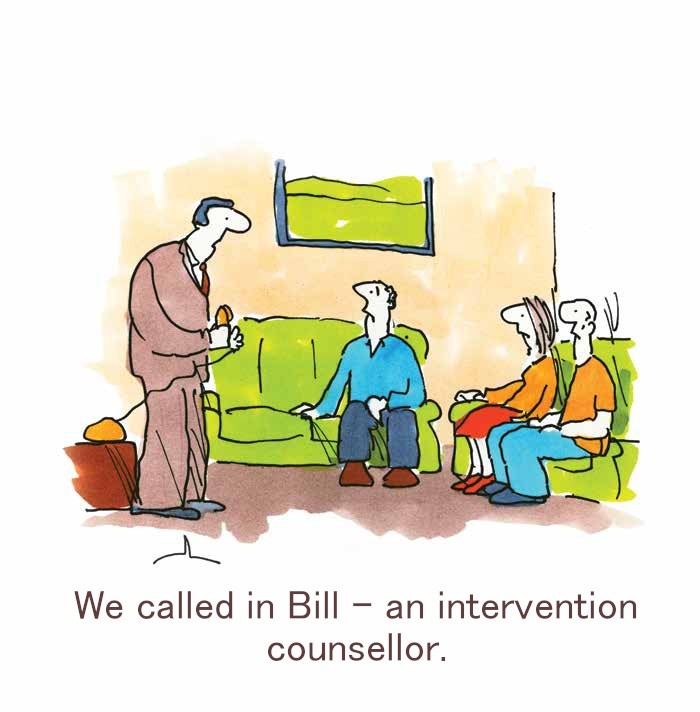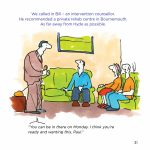The Power of Curiosity: Survival, ADHD, and ACT
Curiosity is often described as the spark that fuels discovery, creativity, and human connection. For neurodivergent individuals, particularly those with ADHD or those navigating addiction, curiosity becomes more than just a trait—it transforms into a survival technique. When faced with environments designed for neurotypical ways of thinking and behaving, curiosity becomes both a means of adapting and resisting. Let’s explore this through the lens of Acceptance and Commitment Therapy (ACT), and connect it to ADHD, addiction, and the drive for novelty.
Curiosity as Survival
Curiosity isn’t just a luxury; it’s a lifeline. For many neurodivergent individuals, the world of neurotypical norms can feel alien—full of unspoken rules and prohibitive systems that push them to the margins. In this context, curiosity becomes an act of rebellion and adaptation. It is the drive to ask, “What else could be out there?” and “What makes this work for others but not for me?”
ACT Perspective:
Curiosity aligns closely with the ACT concept of present-moment awareness. When we remain curious, we are better able to engage with the world as it is, rather than retreat into avoidance. In ADHD and addiction, avoidance might look like zoning out, over-indulging, or withdrawing when social norms feel too stifling. Cultivating curiosity can open doors to engage flexibly with challenges, even when the environment feels rejecting or discriminatory.
Neurodivergent Survival:
Systems that exclude or penalise difference—schools, workplaces, and social norms—force neurodivergent people to adapt creatively. However, these systems also punish mistakes disproportionately, creating a lack of tolerance for error and a deep fear of consequences. Curiosity is one way to push past this paralysis: it says, “What if I just try?”
Novelty and Boredom: The ADHD Experience
For someone with ADHD, boredom is not just a fleeting annoyance; it’s a profound discomfort. The mind craves novelty, vitality, and variation, driven in part by dopamine-seeking behaviours. This is why mundane routines or unchallenging environments can feel unbearable. The catch? This novelty-seeking can sometimes lead to impulsivity and struggles with consequences, especially in addiction recovery or high-pressure social situations.
The Role of Dopamine:
Dopamine, often called the “reward chemical,” drives our motivation to explore and achieve. In ADHD brains, dopamine pathways are less efficient, making curiosity and novelty a means of self-regulation. However, this same drive for exploration can lead to risky behaviours, particularly in addiction, where substances temporarily boost dopamine levels, mimicking the satisfaction that neurotypical brains might achieve naturally.
ACT and Defusion:
ACT encourages defusion—the ability to unhook from thoughts that dictate impulsive actions. For example, instead of acting on the thought, “I need something exciting right now,” we might notice the thought, label it as curiosity, and consider whether pursuing that thought aligns with our values. This creates a moment of pause—a space to choose vitality without veering into harmful impulsivity.
The Double Trauma of Exclusion
Growing up neurodivergent often means internalising the message that you’re “too much” or “not enough.” Social rejection, whether subtle or overt, can create lasting wounds, often leading to social anxiety or even hypervigilance in social settings.
Surviving the Neurotypical World:
Fitting in often requires masking—suppressing your natural quirks or curiosity to appear “normal.” Over time, this can lead to exhaustion, overstimulation, and a disconnect from one’s authentic self. Social chit-chat, for example, may feel meaningless, while environments with shared purpose (e.g., concerts, sporting events) feel more manageable because the focus is outward, not on conforming.
ACT and Values-Driven Social Engagement:
ACT emphasises values-driven action, helping individuals find meaningful ways to connect without losing themselves. For example, rather than forcing small talk, a neurodivergent person might lean into deeper conversations where their curiosity can shine. This not only reduces anxiety but also fosters genuine connection.
Stages of Curiosity and ACT Integration
Curiosity can evolve through several stages, especially for individuals navigating ADHD and addiction recovery:
- Survival Curiosity:
Driven by necessity, this stage is about understanding how to navigate an unkind system.
ACT Tool: Present-moment awareness helps ground survival curiosity in the here-and-now, reducing overwhelm.
- Exploratory Curiosity:
Beyond survival, this stage involves seeking novelty for growth and self-expression.
ACT Tool: Defusion can help manage impulsive decisions driven by exploratory curiosity, keeping actions aligned with values.
- Transformational Curiosity:
This is curiosity in its highest form—exploring not just the world, but also one’s inner experiences.
ACT Tool: Self-as-context fosters a compassionate perspective, allowing curiosity to deepen without self-judgment.
ACT Metaphor: The Compass and the Path
Imagine you’re exploring a dense forest. Your curiosity is the compass, always pointing toward something intriguing. But curiosity without a path can lead you astray. ACT is like the trail—it helps you move toward the things that matter most while staying grounded in your values.
If you’re curious about a shortcut, pause and check your compass. Ask: “Does this path lead me closer to who I want to be, or am I just chasing the thrill?”
Quirky Strengths and Shared Purpose
Neurodivergent individuals often excel in environments of shared purpose—where curiosity, control, and clarity can thrive. Whether it’s a concert, a football match, or a collaborative project, these settings allow for authentic expression without the pressure of fitting into neurotypical norms.
Finding Your Tribe:
ACT encourages acceptance of discomfort while seeking spaces that align with your values. Surround yourself with people who value your curiosity and quirks, not despite them but because of them.
Curiosity, when paired with ACT principles, becomes a superpower. It allows you to unhook from unhelpful narratives, move toward meaningful goals, and find joy in exploring the world—even when the world feels like it wasn’t built for you. As Russ Harris often says, “The aim of ACT is not to feel good, but to feel good about the way you live your life.” Stay curious, and keep choosing the life that feels truly yours.









